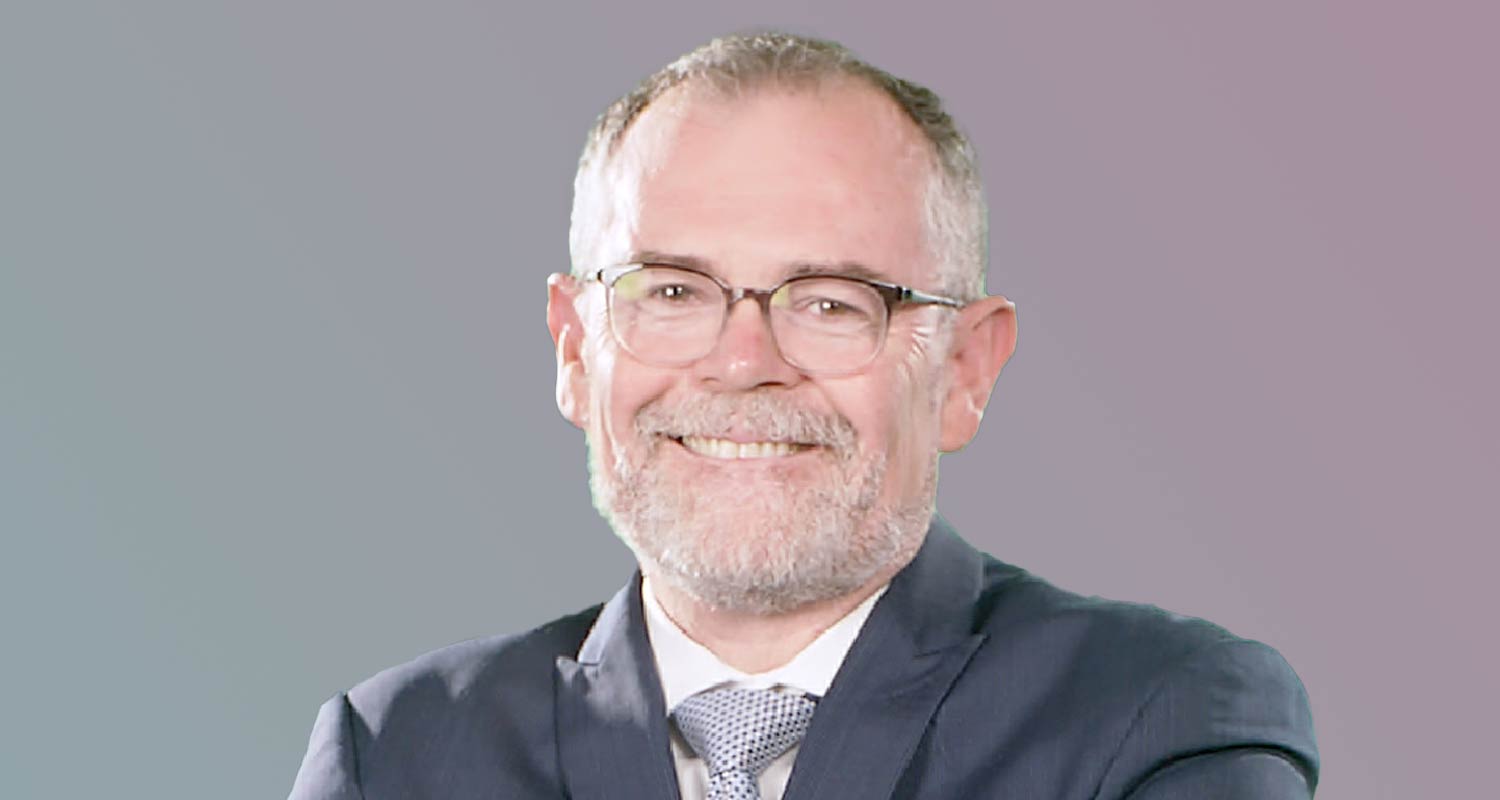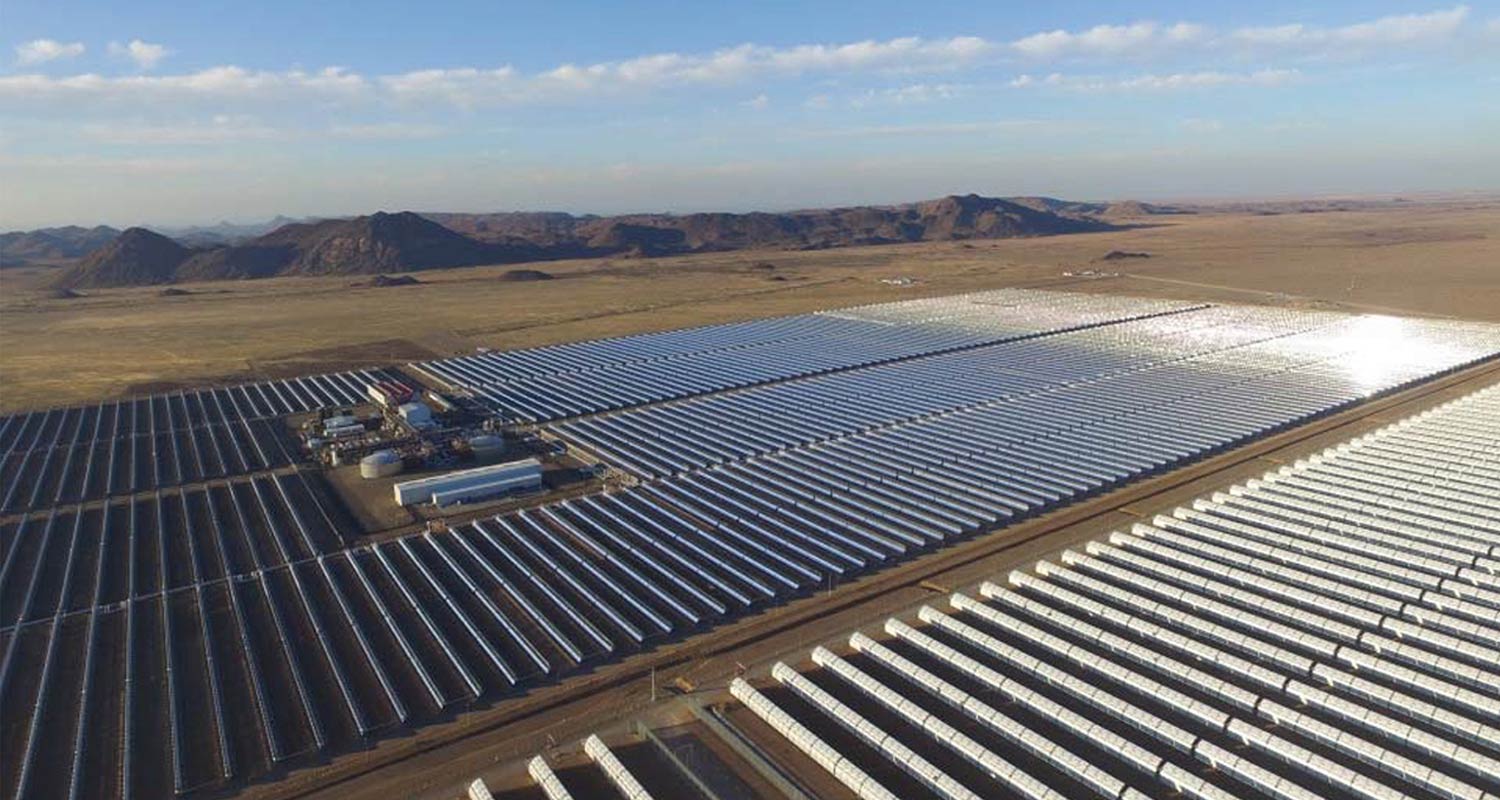
South Africa’s new environment minister said his primary focus will be on getting the country to spend the billions of dollars of climate finance that have been made available to it, accelerating the development of renewable energy facilities.
Dion George said more needs to be done to implement the US$9.3-billion (R169-billion) Just Energy Transition Partnership with some of the world’s richest nations. The Democratic Alliance member who was appointed to the post on Sunday as part of the country’s first coalition government since the 1990s, also wants to boost connecting renewable energy plants to the national grid.
“We’ve got the money and now we must spend it,” George, 58, said in an interview on Friday. “That is what I am animated about.”
George, who has served as the DA’s shadow finance minister, takes over the environment post at a time when South Africa’s partners in the so-called JETP — the US, the UK, Germany, France, the EU, the Netherlands and Denmark — have expressed frustration about the pace of implementation.
Having secured the deal in 2021 in what has been billed as a prototype for similar pacts now being rolled out in Indonesia and Vietnam, South Africa has yet to close down any of the coal-fired power plants it pledged to and has only added 150MW of renewable energy to the grid.
Last month, the country told the World Bank-linked Climate Investment Funds, which has pledged $500-million to the country as part of the JETP to help it cut reliance on coal, that it wants to delay the closure of three coal plants until 2030 to ensure energy security.
Political will
“There isn’t enough movement in terms of projects” to build renewable energy plants and the transmission lines needed to get that energy to consumers, George said. “There hasn’t been the political will.”
The JETP has been mired in bickering in South Africa with the country’s former and current energy ministers, both from the ANC, saying that the country was being used as a “guinea pig” by developed nations trying to promote a global green transition. Coal, which accounts for about 80% of South Africa’s electricity generation, supports about 90 000 mining jobs and its extraction and use for power generation is a crucial economic activity in the Mpumalanga province.
The US has previously complained that Eskom hasn’t taken up $2.5-billion in concessional loans under the JETP to expand the energy grid in areas with the best solar and wind power potential. Other contributing nations have said they expect South Africa to meet the emission reduction targets it committed to.
“We would like to highlight the importance for South Africa to achieve their JETP targets,” Germany’s development ministry said in a response to queries.
 So far, aside from some grants, about €1.1-billion in loans have been extended to South Africa as part of the pact. Still, George said, it won’t be possible to close the coal-fired plants until enough renewable energy is in place to ensure adequate power supply and more needs to be done to accelerate their construction.
So far, aside from some grants, about €1.1-billion in loans have been extended to South Africa as part of the pact. Still, George said, it won’t be possible to close the coal-fired plants until enough renewable energy is in place to ensure adequate power supply and more needs to be done to accelerate their construction.
Recent government tenders for renewable energy have largely failed because many of the winning projects proved uneconomic and a large number couldn’t go ahead because of a lack of transmission capacity. South Africa has been plagued by intermittent power cuts because of inadequate generating capacity since 2008, although there has been a recent improvement.
“We will move as fast as we can,” George said.
Eskom on Friday celebrated 100 days without load shedding.
George is one of six DA ministers in South Africa’s 34-member cabinet, with members of the party appointed to the executive for the first time after the ANC lost a parliamentary majority it had held for three decades in 29 May elections. — (c) 2024 Bloomberg LP




